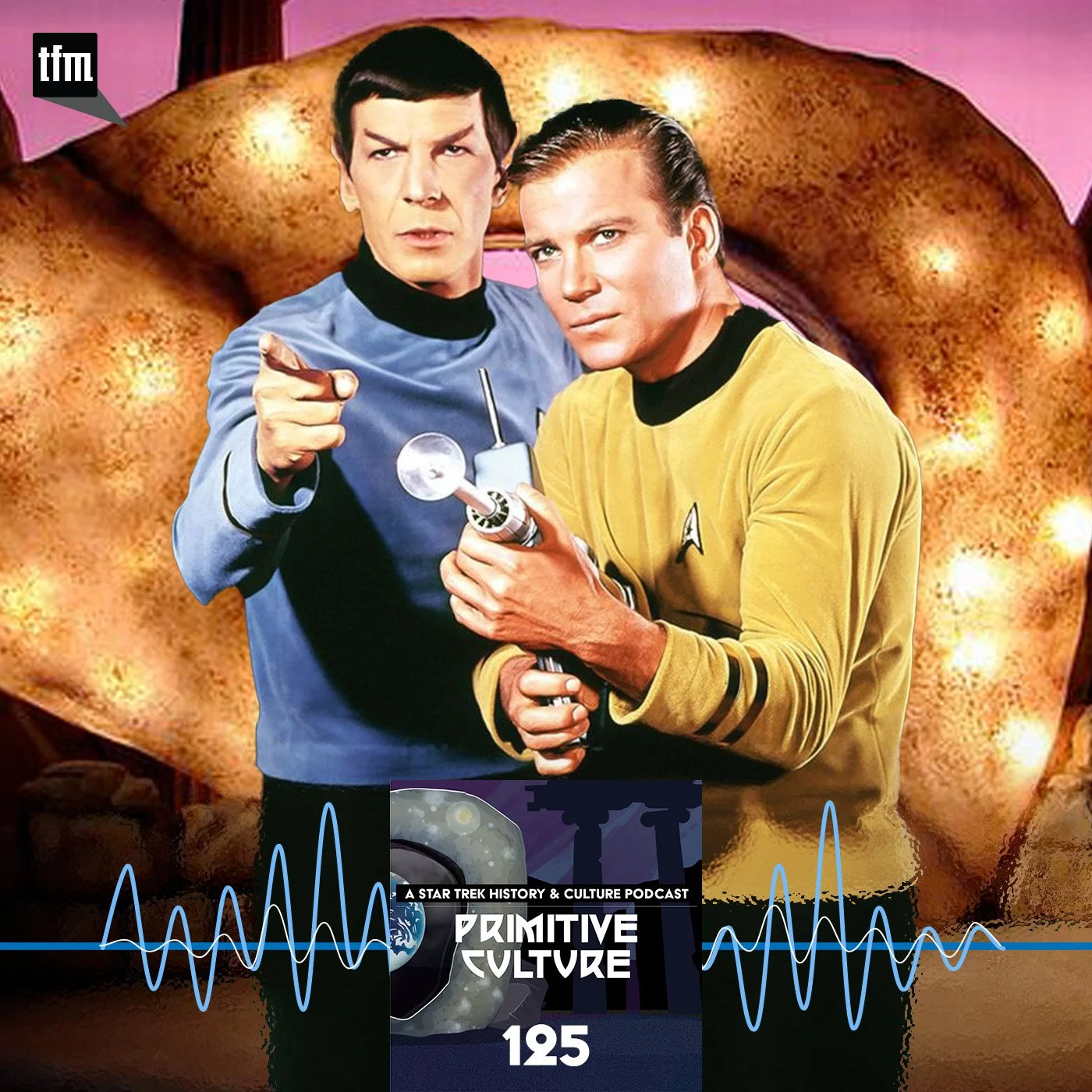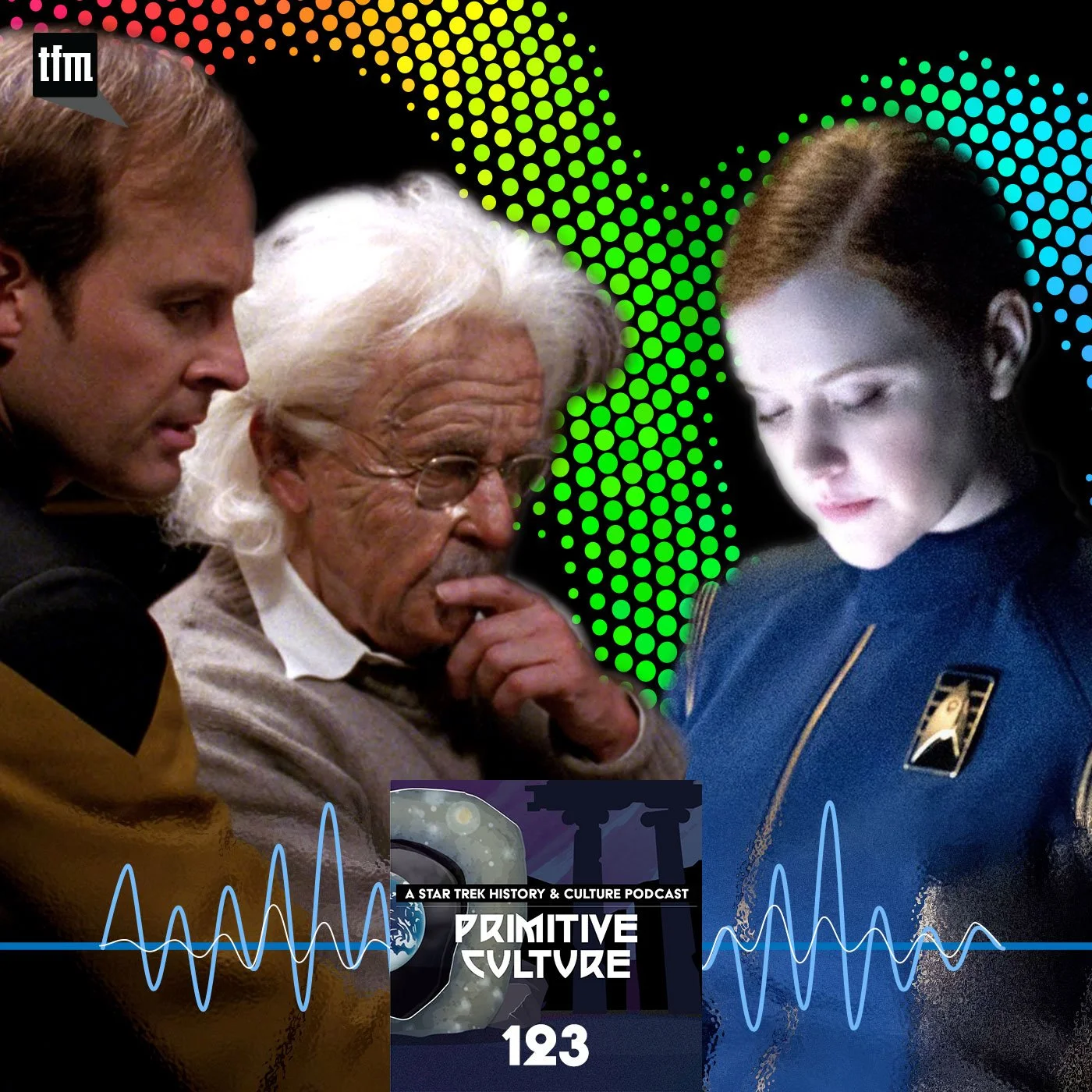The Attica Prison Uprising and DS9’s Past Tense.
Running Time: 1 hour 36 minutes 32 seconds
Download / RSS / Send us a message / Discuss the show / Support Trek.fm
Typically, Star Trek’s two-parters have skewed toward the action-adventure formula rather than hard-hitting social commentary. But in Deep Space Nine’s third season, the writers decided to use the longer ninety-minute running time to delve into a weighty contemporary subject: the homeless crisis in the United States. The resulting story, “Past Tense,” took Trek in a surprisingly dark direction and offered a future that was distinctly dystopian.
“Past Tense” succeeded in shining a light on the treatment of the homeless in 1990s America. But there was another real-world influence that, according to DS9 head writer Ira Steven Behr, was the key to making it work. That inspiration was the 1971 uprising in Attica Prison, a maximum-security facility in rural New York state. It was Attica that lent the story its hostage-taking plot and much of its bleak cynicism—in particular the catastrophic failure of empathy for those hidden away behind concrete walls.
In this episode of Primitive Culture, hosts Clara Cook and Duncan Barrett look into the history of the Attica uprising, brilliantly reconstructed in Heather Ann Thompson’s Pulitzer Prize-winning book Blood in the Water. Comparing this ugly chapter of not-so-distant US history with one of Star Trek’s most biting examinations of human moral failure, we find that some of the most obvious lessons from both stories have yet to be learned—even decades later.
Chapters
Intro (00:00:00)
A Brief History of the Attica Uprising (00:09:15)
Empathy and Understanding (00:27:49)
Between Two Worlds (00:41:10)
Julian 2.0 (00:50:27)
Crossing Boundaries (00:59:30)
Care in the Community (01:14:40)
Final Thoughts (01:23:45)
Hosts
Clara Cook and Duncan Barrett
Production
Clara Cook (Editor) Duncan Barrett (Producer) C Bryan Jones (Executive Producer) Matthew Rushing (Executive Producer) Ken Tripp (Executive Producer) Norman C. Lao (Associate Producer) Tony Black (Associate Producer) Amy Nelson (Associate Producer) Richard Marquez (Production Manager) Brandon-Shea Mutala (Patreon Manager)











